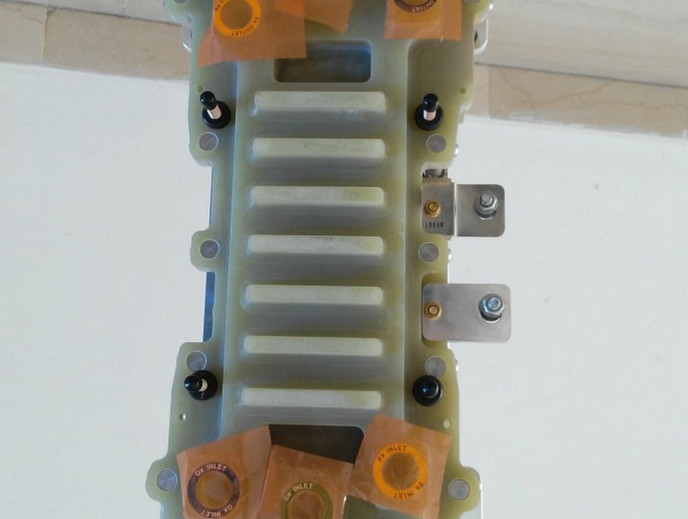European automakers target NGVs
Gasoline is a non-renewable energy source produced by the distillation of petroleum, also known as crude oil, which is derived from coal and oil shale. Gasoline-powered vehicles emit several harmful pollutants, including oxides of nitrogen, hydrocarbons, carbon monoxide and fine particulate matter. Researchers worldwide have explored various solutions to reducing these emissions, such as reformulated gasoline, hydrogen and natural gas. Natural Gas Vehicles (NGVs) offer significant reductions in emissions of greenhouse gases (namely carbon dioxide), carbon monoxide, oxides of nitrogen, hydrocarbons and fine particles. Use of NGVs could help large cities combat occurrences of air pollution episodes. However, natural gas fueling stations are limited in number and geographical scope. This makes NGVs inconvenient when convenience is the governing rule of consumers and their automobiles. In order to alleviate this problem, Europe's major automobile manufacturers participated in a research project to further the development of bifueled vehicles, that is vehicles that can run on both regular gasoline and natural gas. Bifueled vehicles can take advantage of natural gas wherever it is available, and can revert to gasoline power when necessary. The work contributes to the social, economic and technological objectives of EUCAR, the European Council for Automotive R&D. Efforts focused on the development of new components required by bifueled vehicles, new engine control strategies to be able to deal with varying ranges in the composition of natural gas and its effects on engine operation, as well as examining the natural gas refueling infrastructure throughout Europe. Europe has a long, successful tradition in the automotive industry. In order to remain competitive with their American and Asian counterparts, European auto manufacturers must continue to seek out new solutions to the longstanding problems of gasoline-powered transport. TNO and its partners are looking to expand upon the work performed in this project to help establish Europe in the budding NGV industry.







